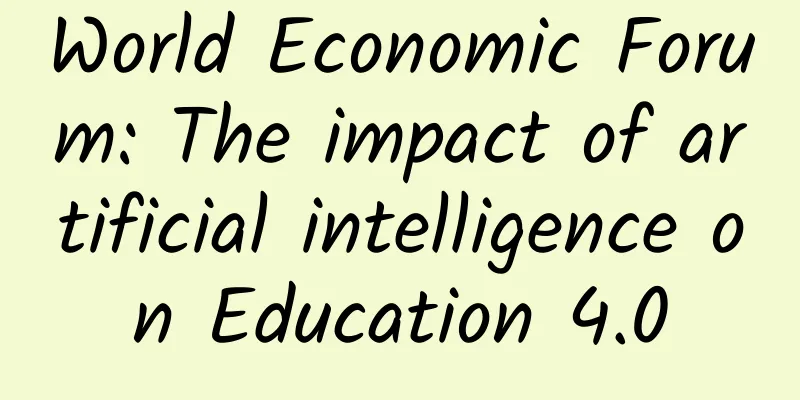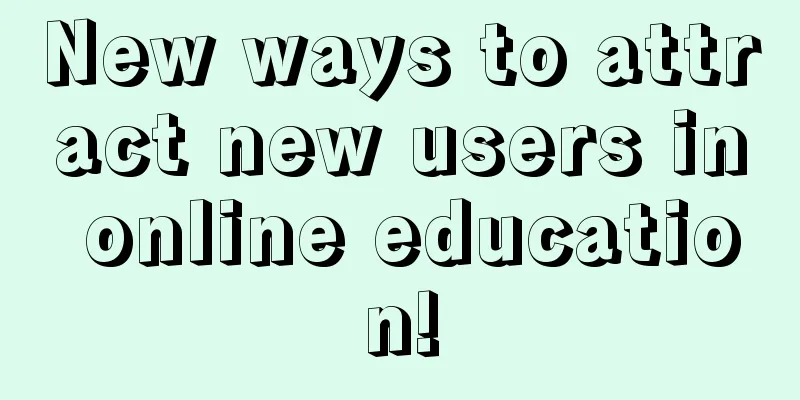World Economic Forum: The impact of artificial intelligence on Education 4.0

|
If deployed properly, AI can help find solutions to improve education systems around the world. As technological change accelerates, there is an urgent need to support education systems in managing new opportunities and risks. If managed properly, technology offers a unique opportunity to help education systems achieve Education 4.0. Education 4.0 is an approach to teaching that focuses on equipping learners with competencies, skills, attitudes and values that are fit for the future. Developed by a global coalition of education experts, practitioners, policymakers and business leaders, Education 4.0 is a comprehensive framework that outlines the key changes needed in primary and secondary education to promote better educational outcomes. Artificial intelligence can help expand the reach of future-proof education systems and improve their effectiveness in preparing students for the future. There are challenges and risks for both teachers and learners that must be addressed and overcome to realize the promise of educational technology. The adoption of emerging technologies in education, especially artificial intelligence, has great potential to revolutionize teaching methods, personalize learning experiences, and streamline administrative processes. By freeing educators from routine tasks, AIM enables them to focus on building relationships, understanding students' individual needs, and cultivating motivation. This synergy not only improves teaching effectiveness, but also emphasizes the indispensable human factor in education. Successfully integrating AI into education systems and processes requires careful consideration and strategic implementation. The report delves into the potential of AI to address challenges within education systems by: Personalized learning content and experience. Improved assessment and decision-making processes promise more accurate evaluation and insight into student progress. Optimizing the teacher role through automation and automating tasks reduces administrative burdens, allowing educators to focus more on personalized instruction and mentoring. Integrating AI into educational curricula provides opportunities for AI-enabled instruction, equipping students with the essential skills, insights, and knowledge they will need for the future.
|
<<: iPhone 6S parameters exposed: equipped with 12 million pixel camera
>>: Can you watch YouTube on Android Wear?!
Recommend
Tom Cruise Movie Collection (1981-2017) 30 HD English subtitles
Tom Cruise, born on July 3, 1962 in New York, USA...
How to reach 637w Douyin views in 1 month?
On TikTok, how can a single video reach millions ...
Ding Dong! The fruity natural fragrance you ordered has been delivered
Produced by: Science Popularization China Author:...
How to pick blueberries? First, you need a "big comb"
Have you ever seen blueberries picked like this? ...
A large number of information flow delivery optimization tips and tools are coming!
Launching is a big project! Are you always overwh...
Ouch! A mouse is pulling a winter melon!
Audit expert: Li Weiyang Well-known science write...
How often do you take a bath in winter? These people suggest that being a little lazy is healthier
Current situation of bathing in winter↓ I keep pu...
A big pot of 10 H5 front-end frameworks
As a siege fighter who has been working on the fr...
Marketing Promotion: Why didn’t “A Bucket” go viral?
Jia Zhangke's short film "A Bucket"...
Apple reminds developers again: full support for 64-bit is required by the middle of next year
On the morning of December 18, Apple reminded dev...
iOS 14's most controversial feature, should it be removed?
The App Library feature is a bright new feature o...
Do you know what features App development can really improve customer retention rate?
[[148029]] Original English text: The Next Featur...
Kuaishou advertising, Kuaishou advertising account opening
What is Kuaishou Advertising ? Kuaishou is a well...
Subverting the law of "cannot live without water"! The fourth generation of nuclear power is expected in the future!
Human development is inseparable from energy, and...
Swift TIP: objc and dynamic
Although the original intention of Swift language...









